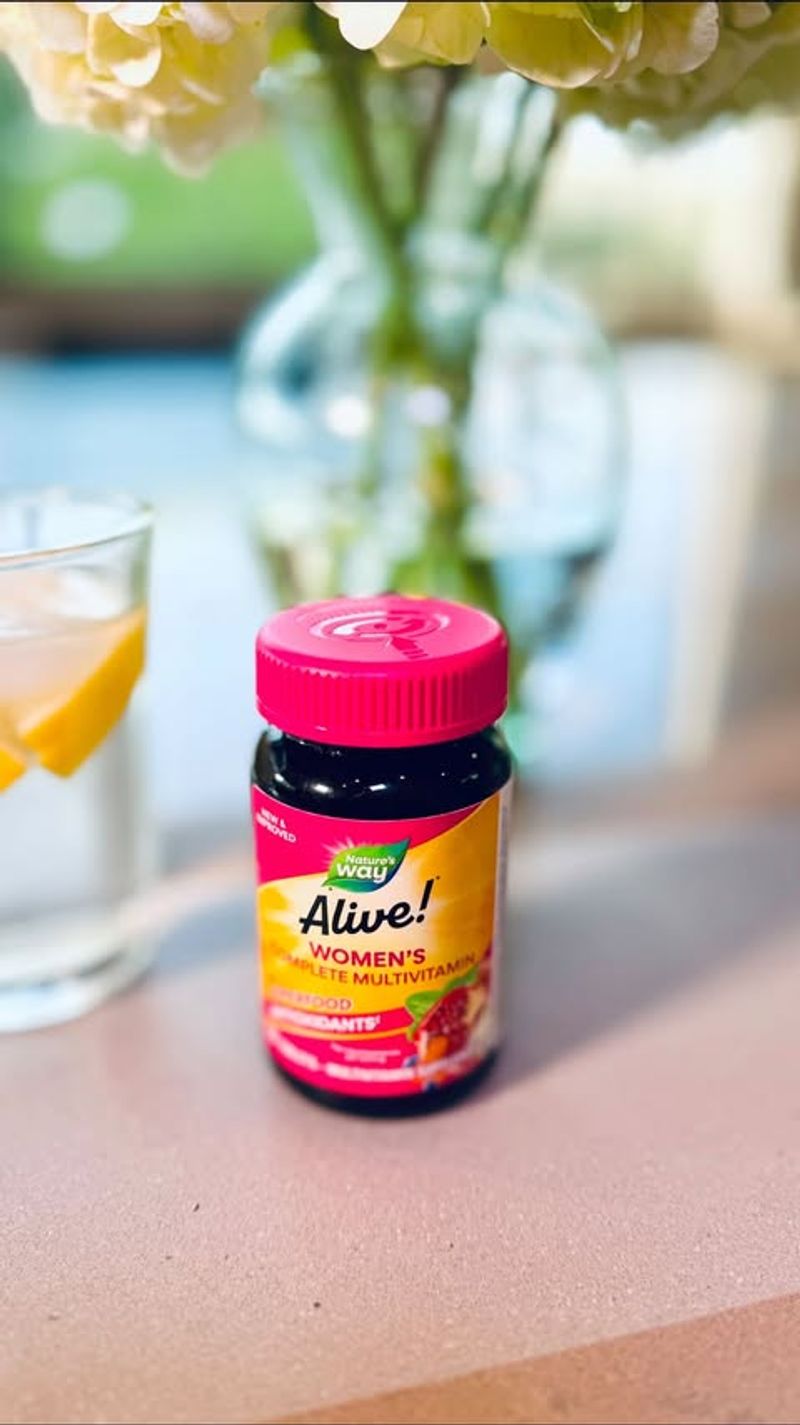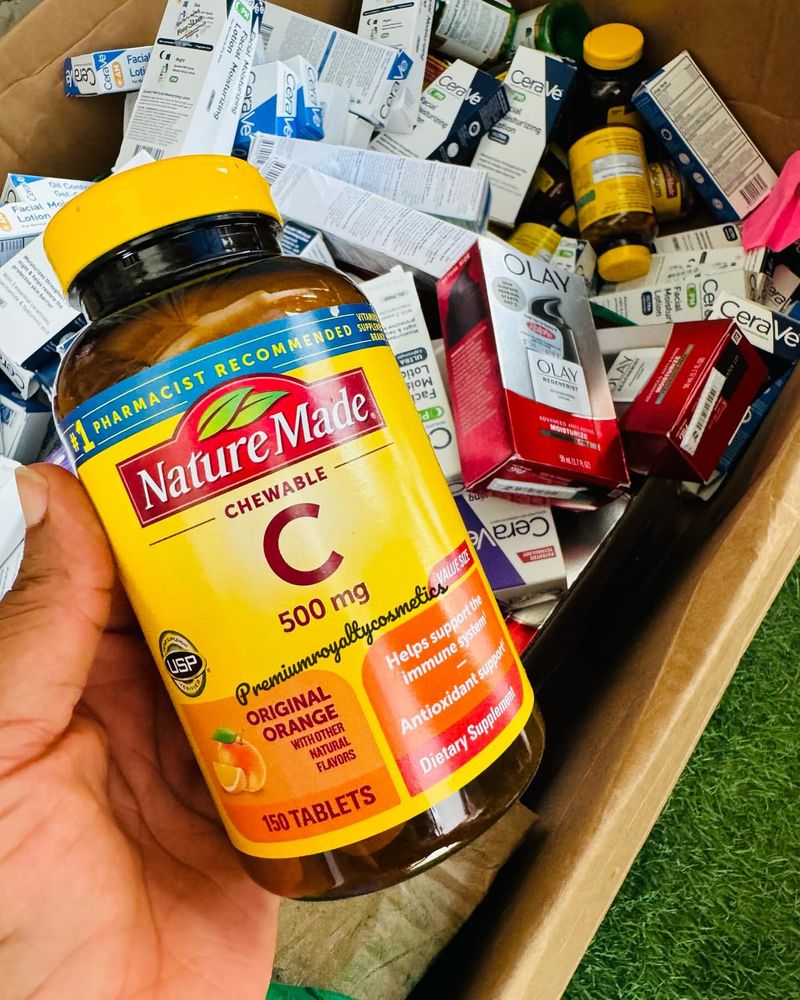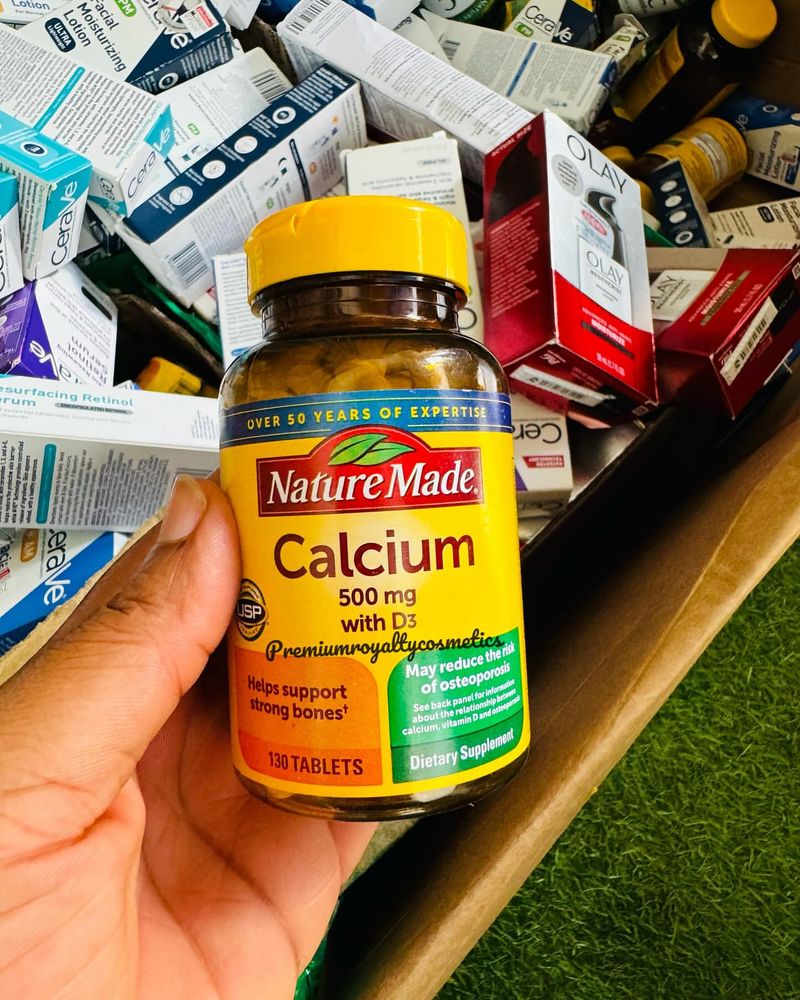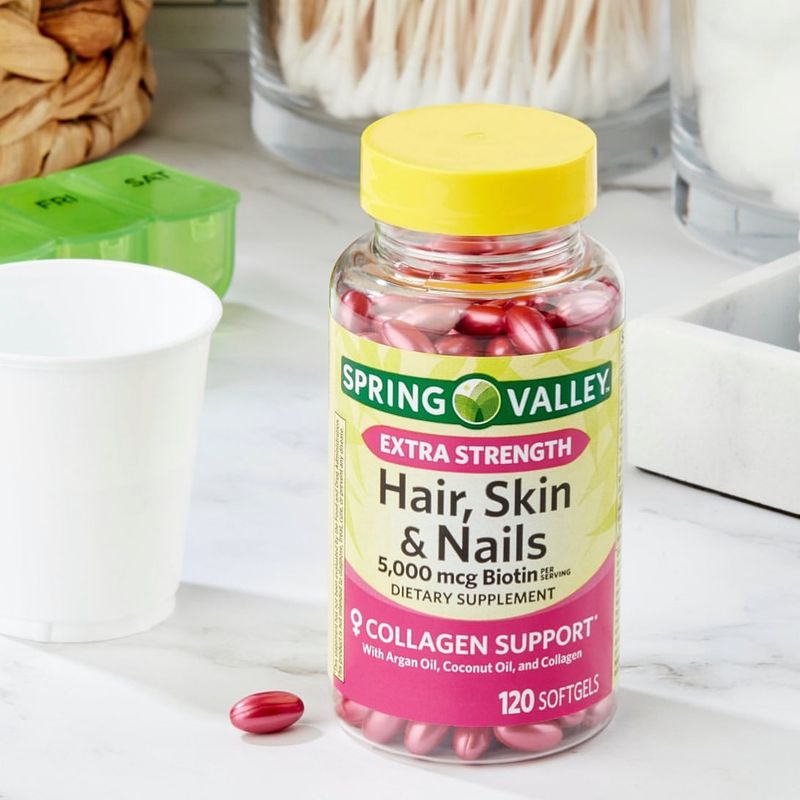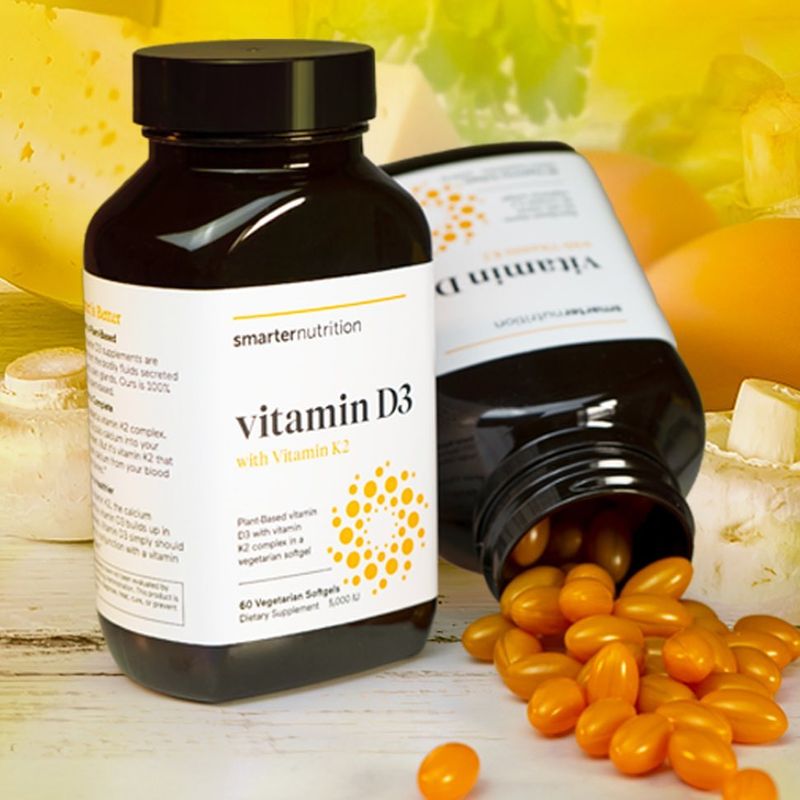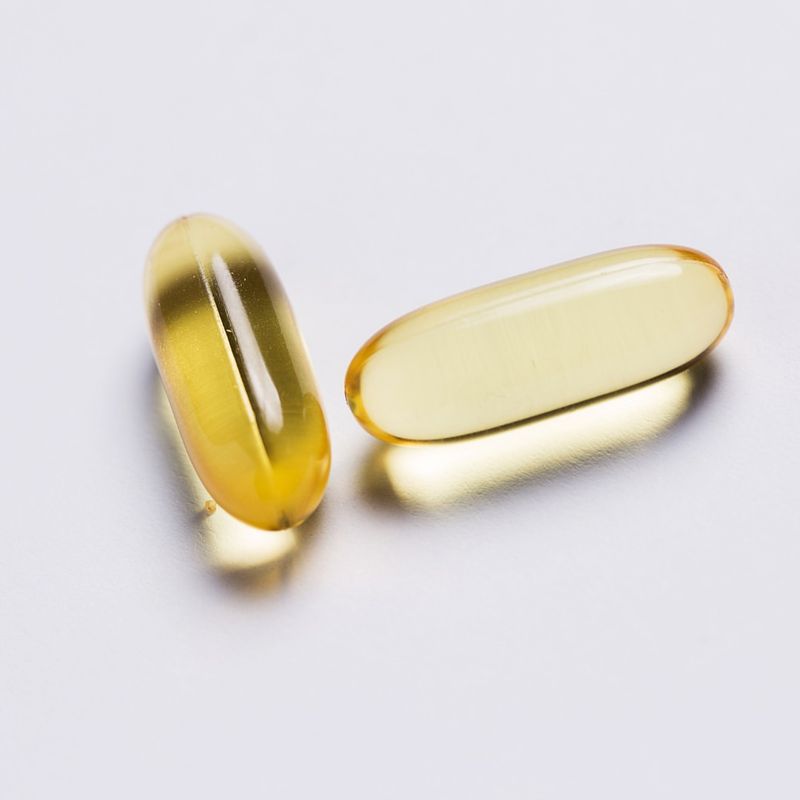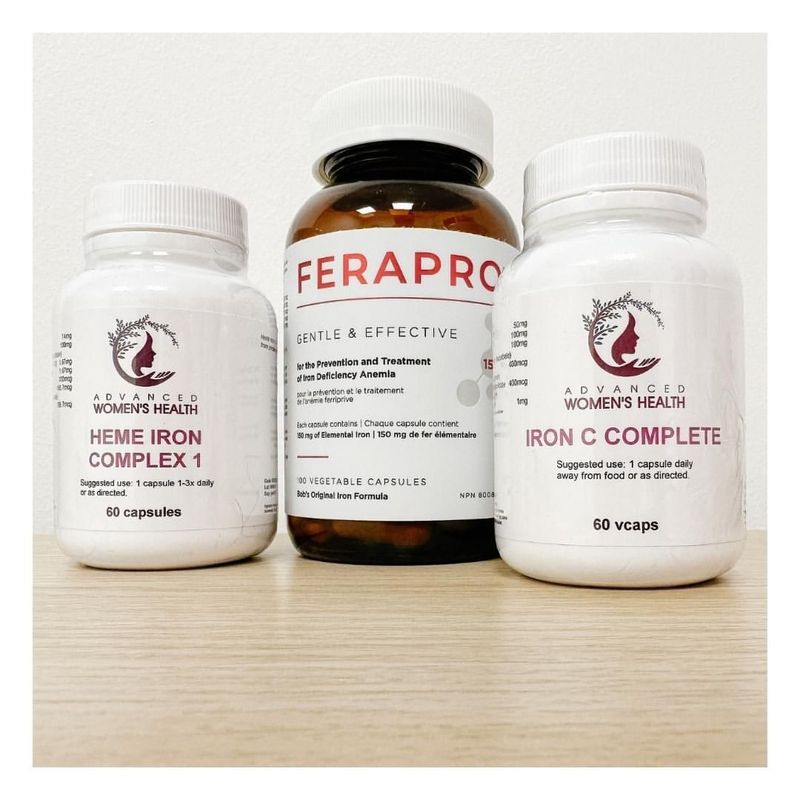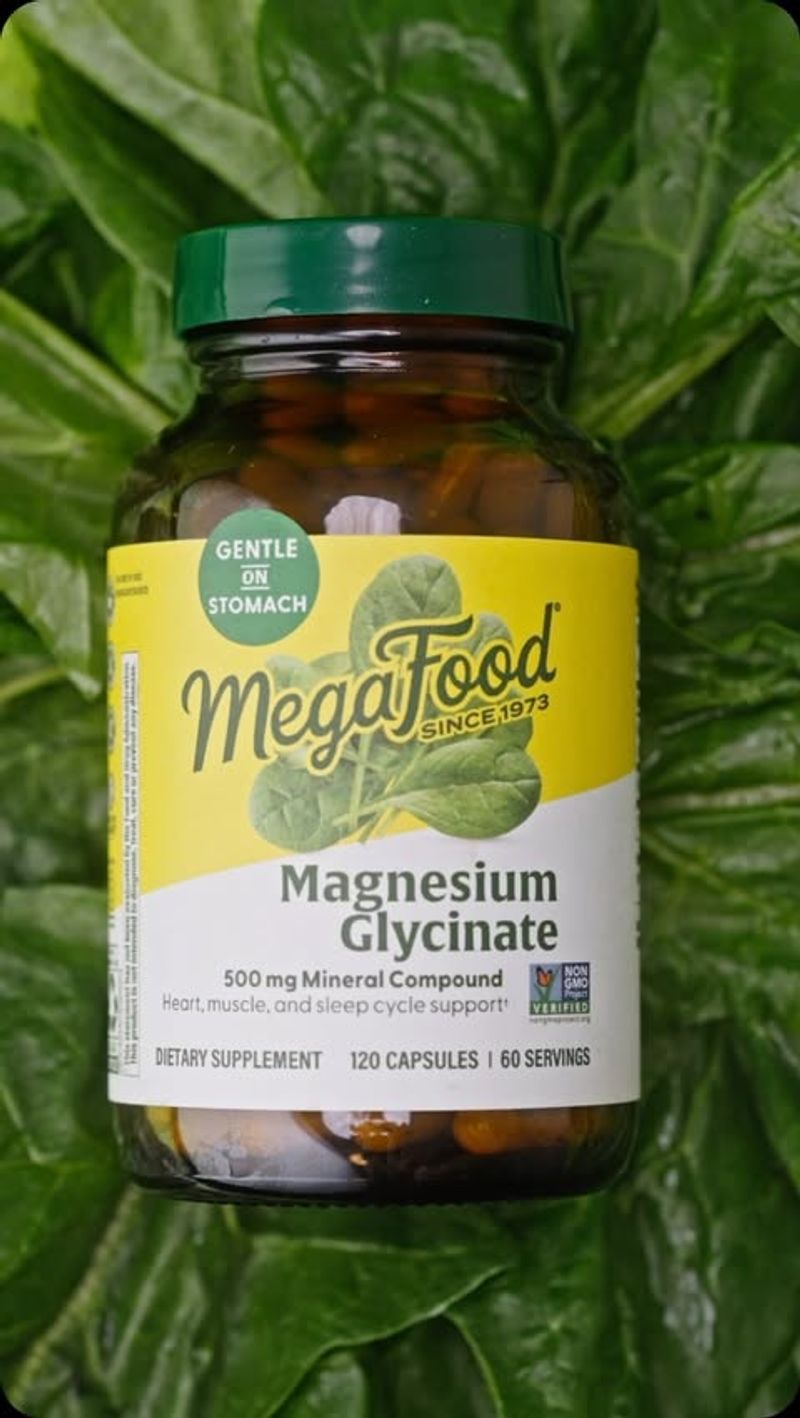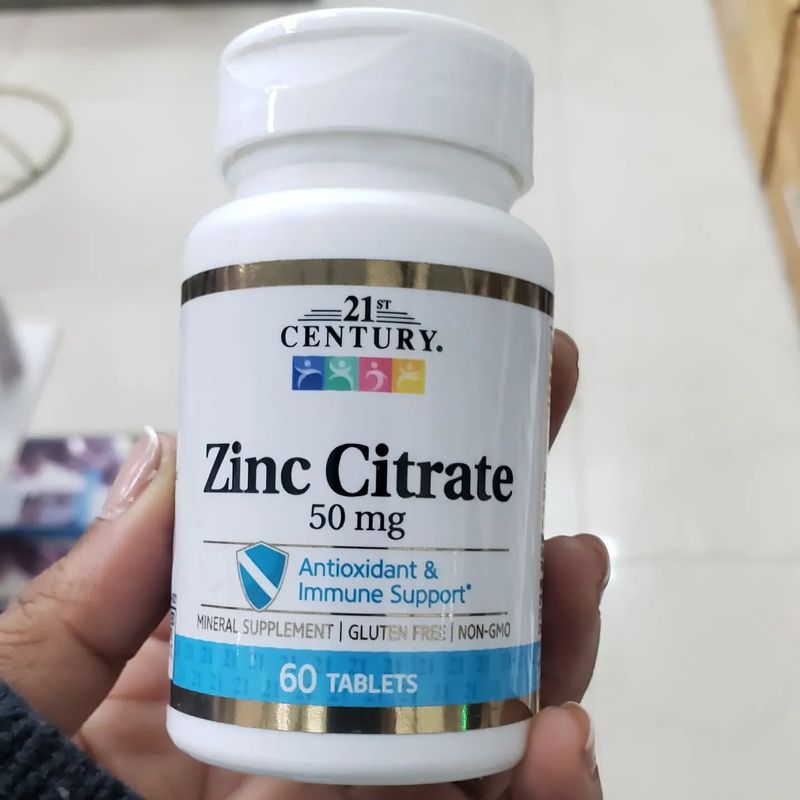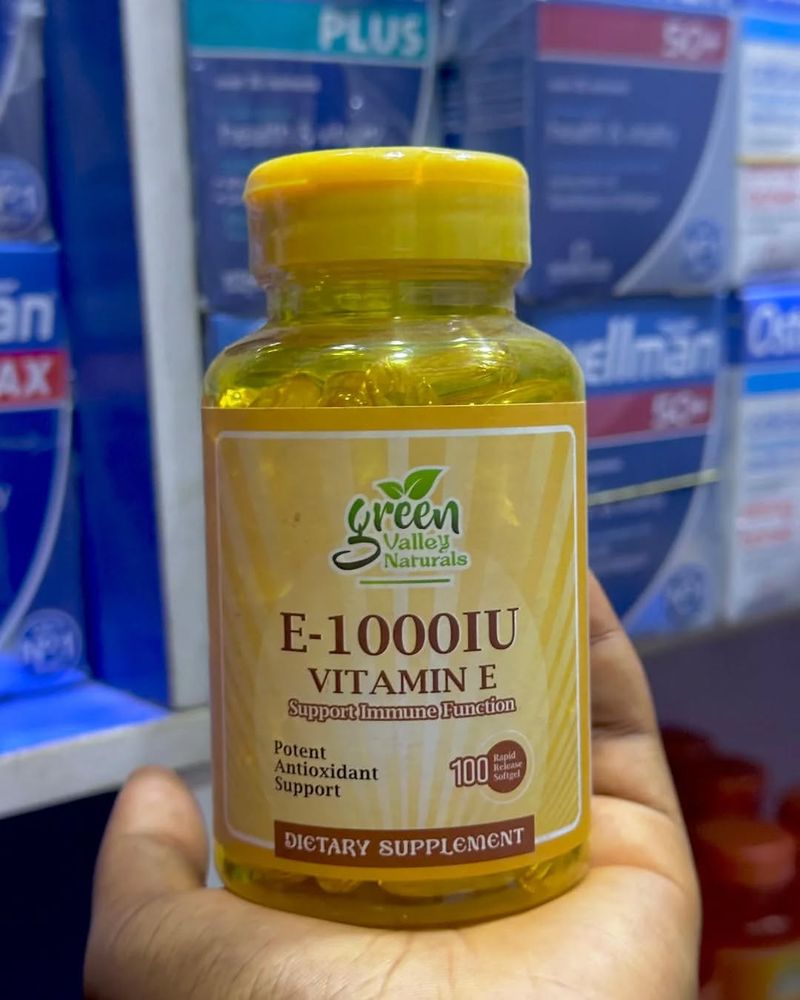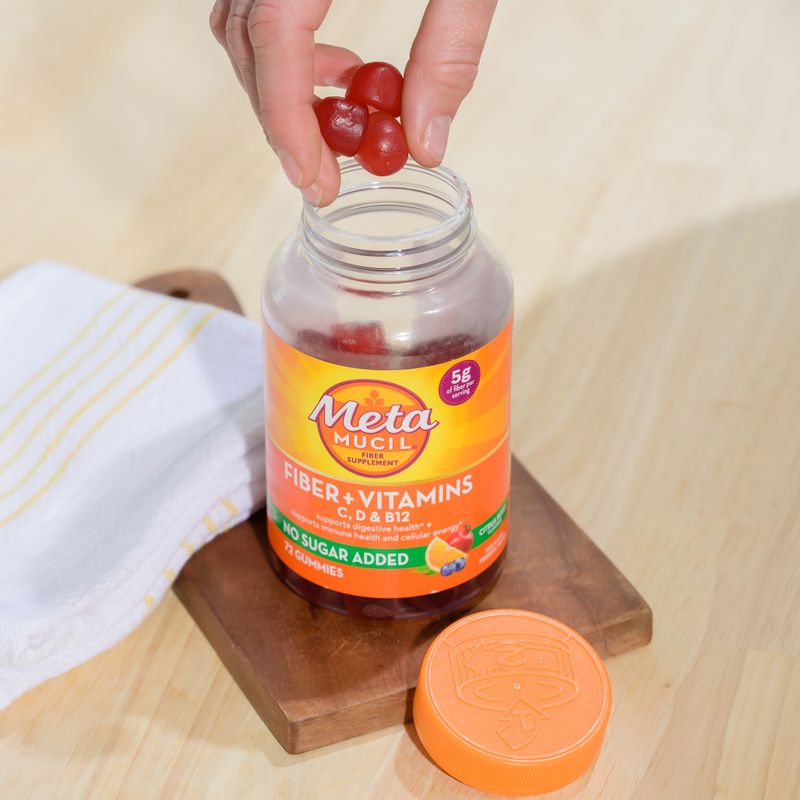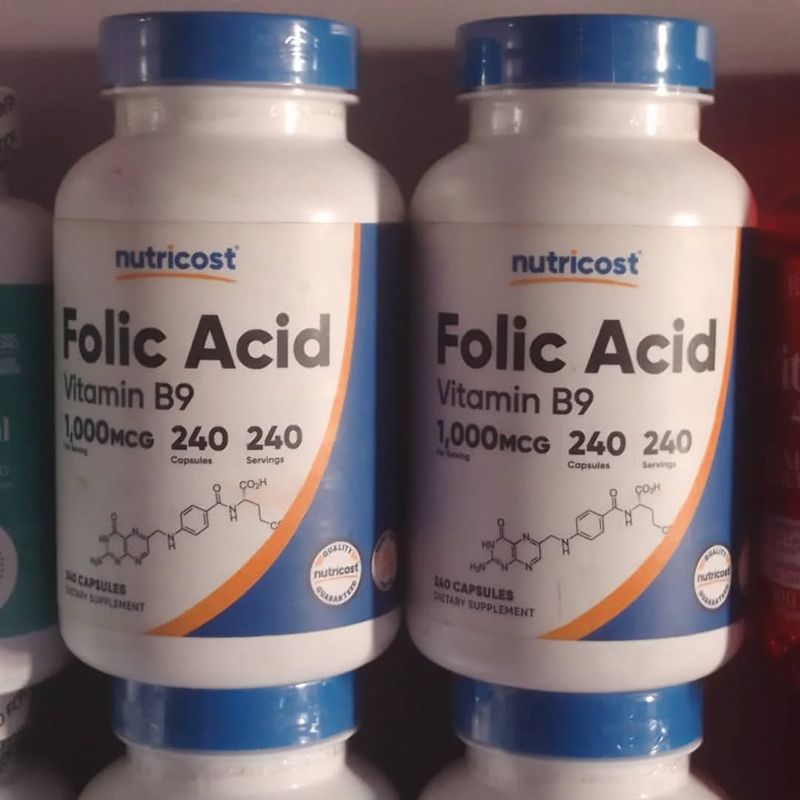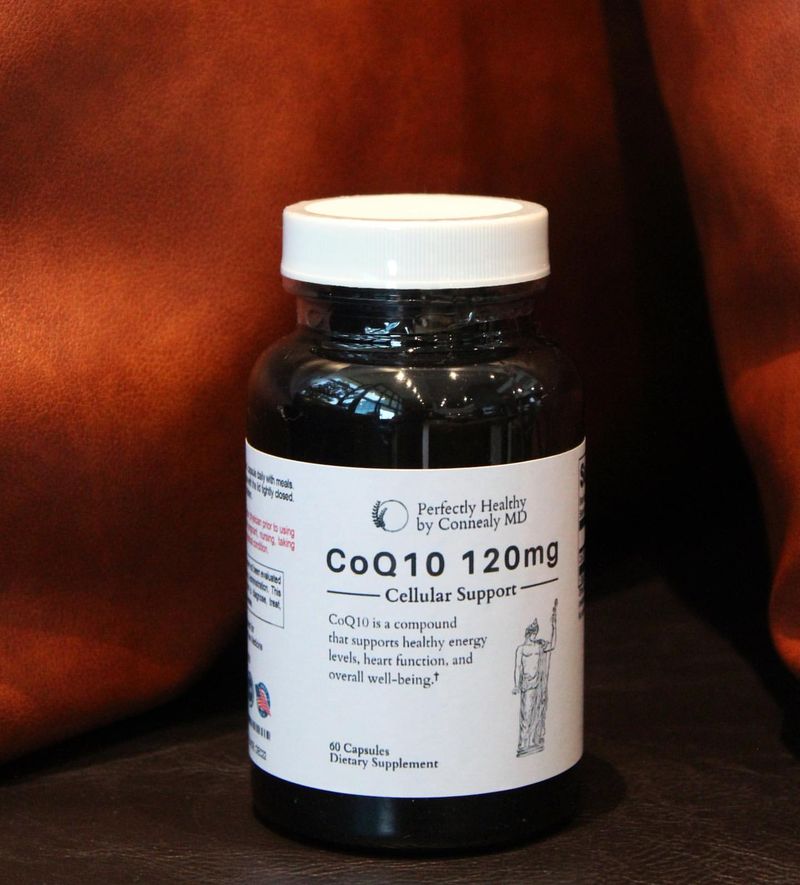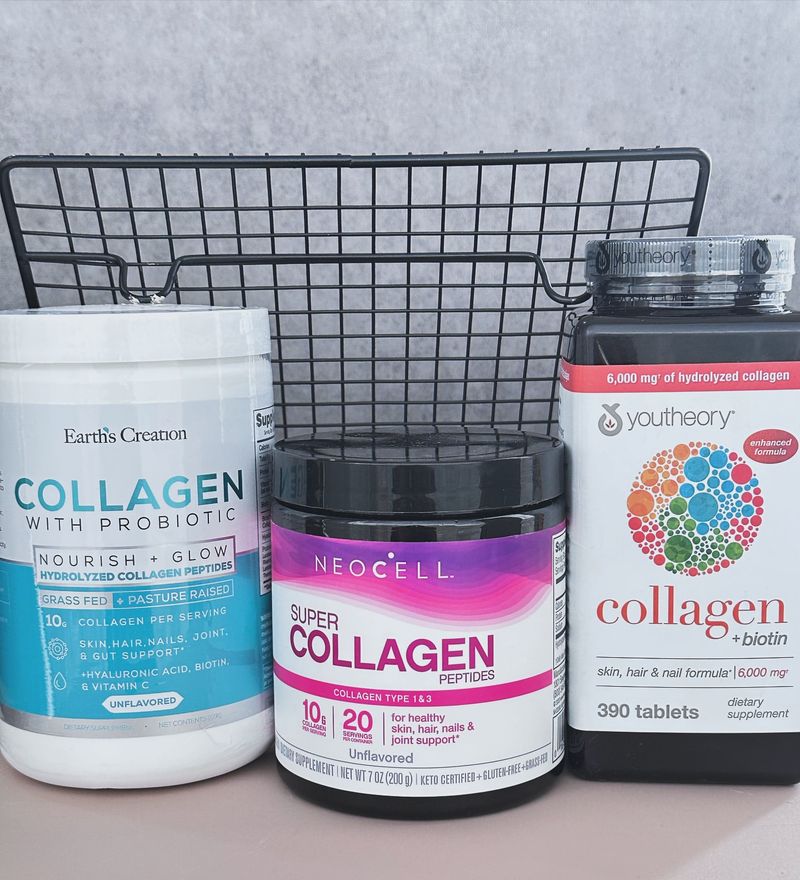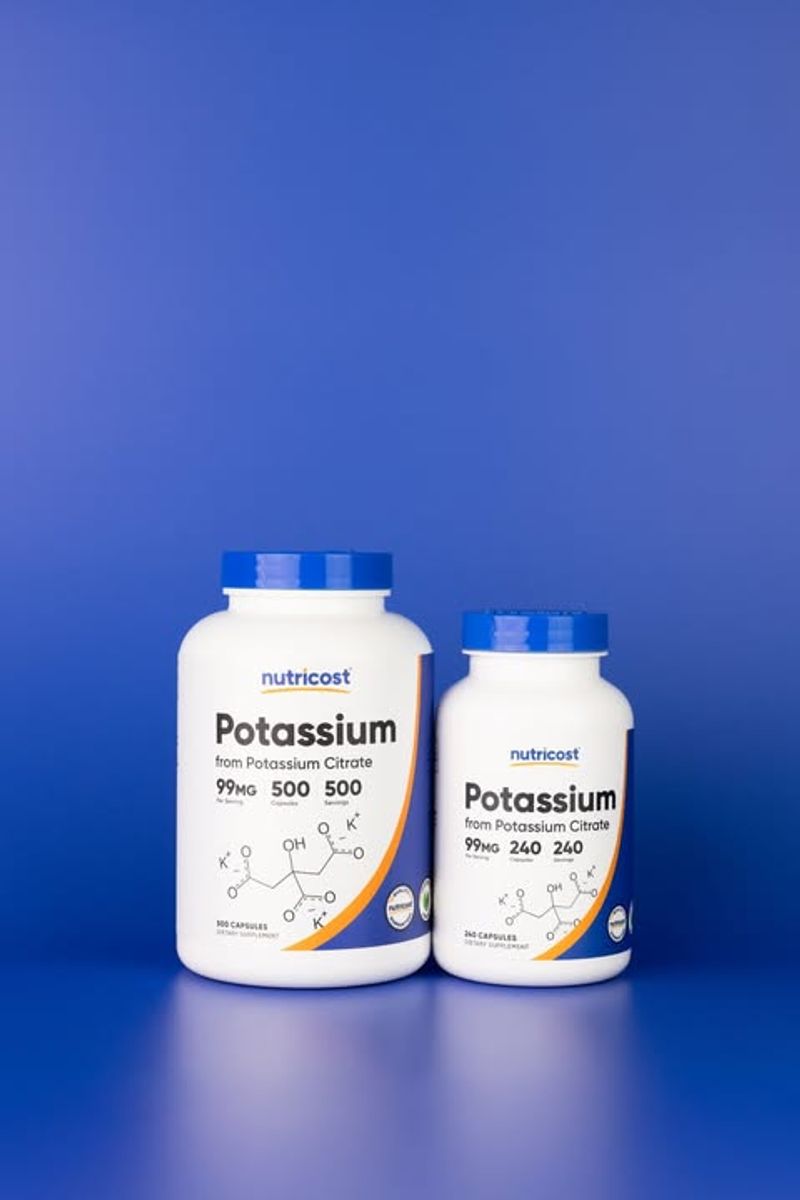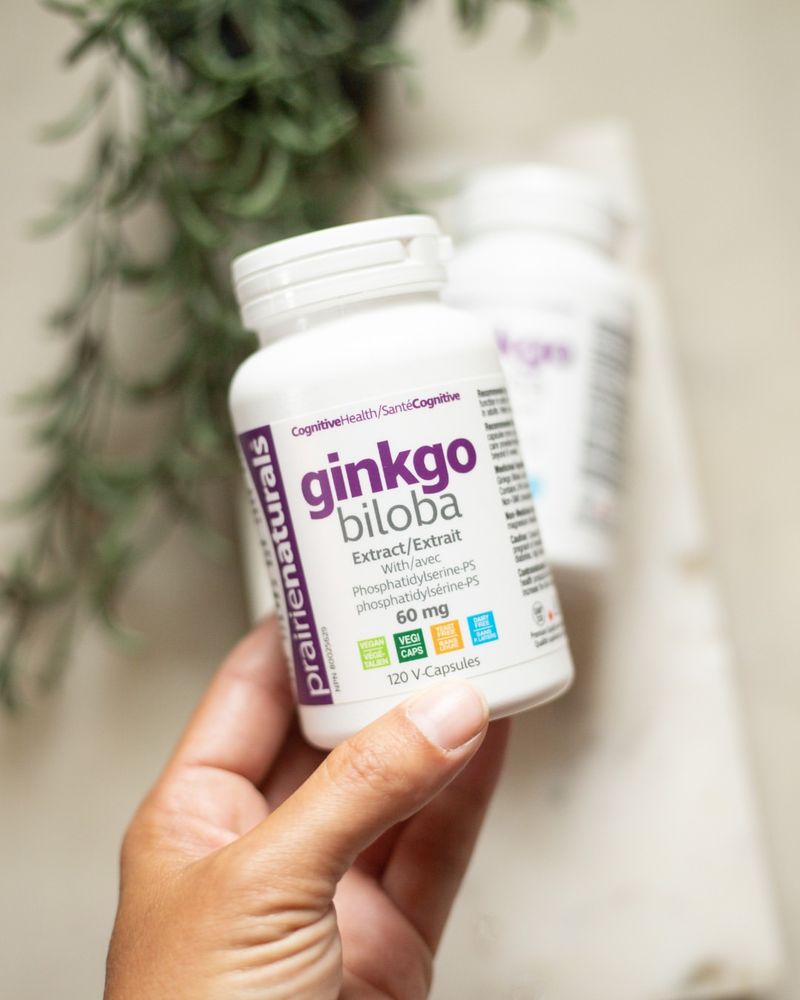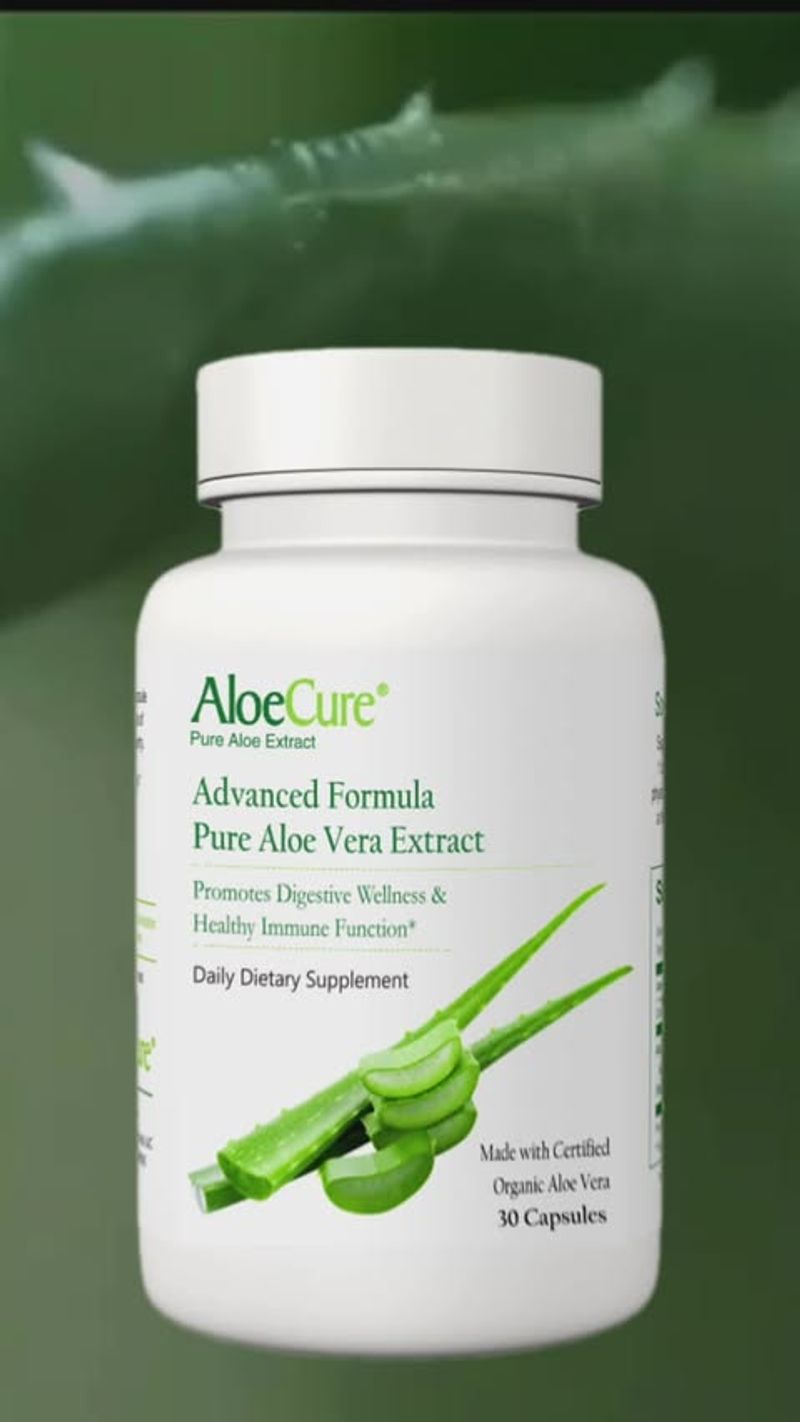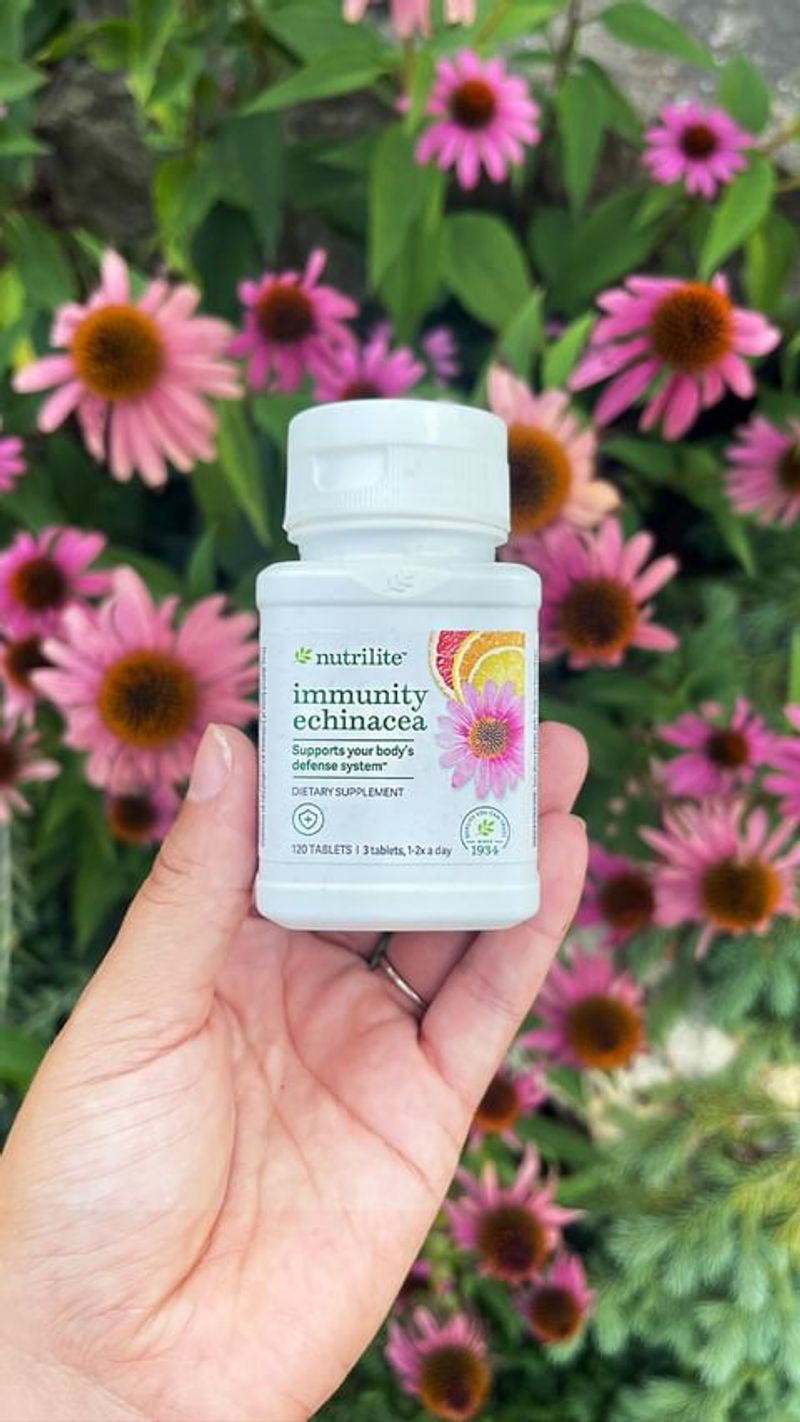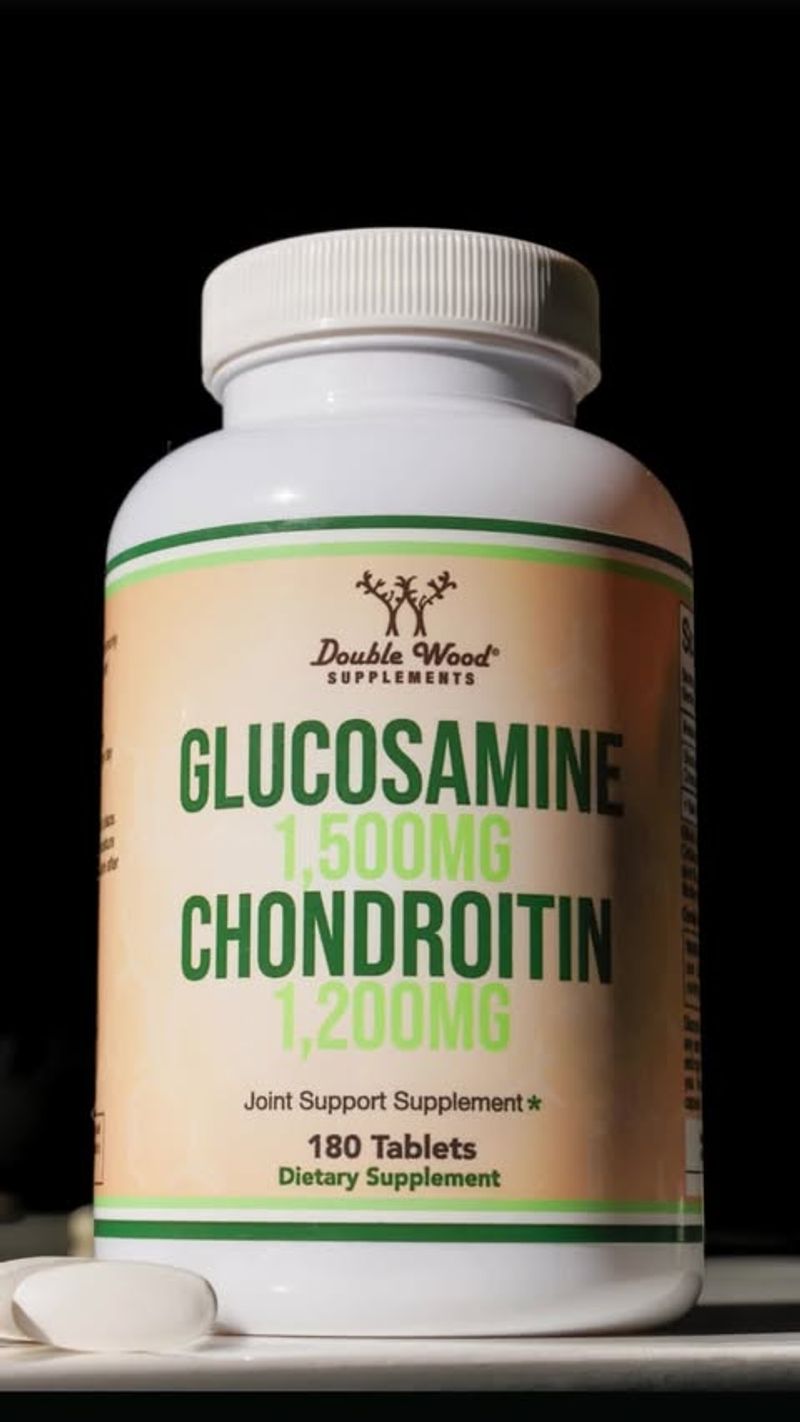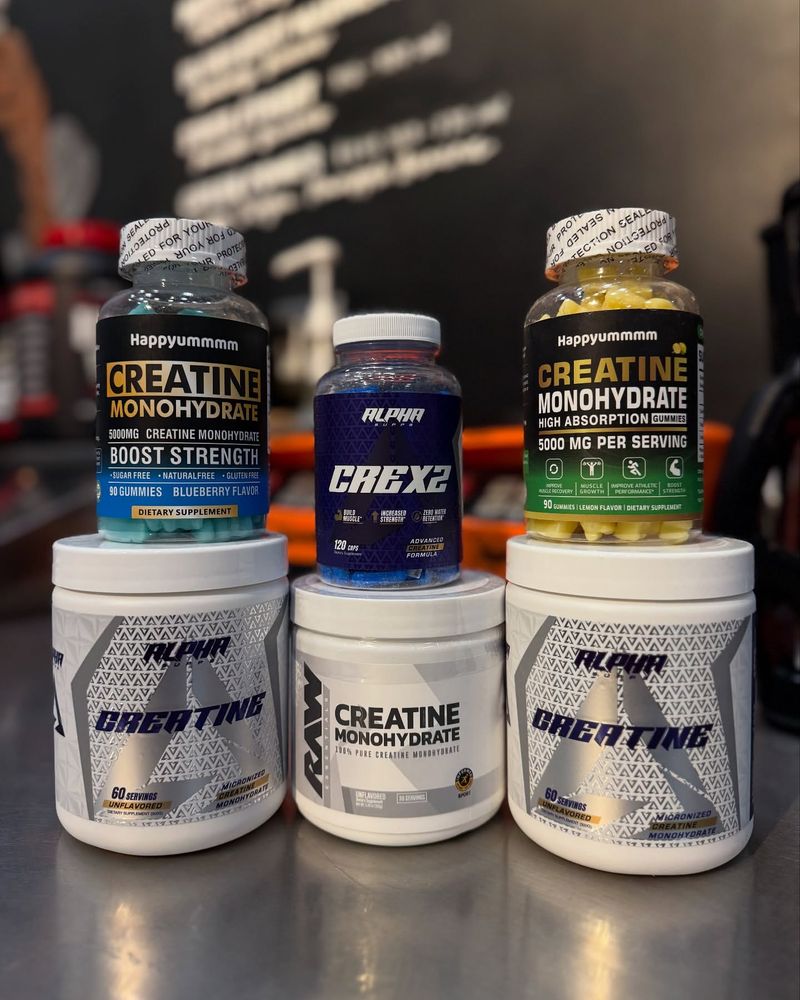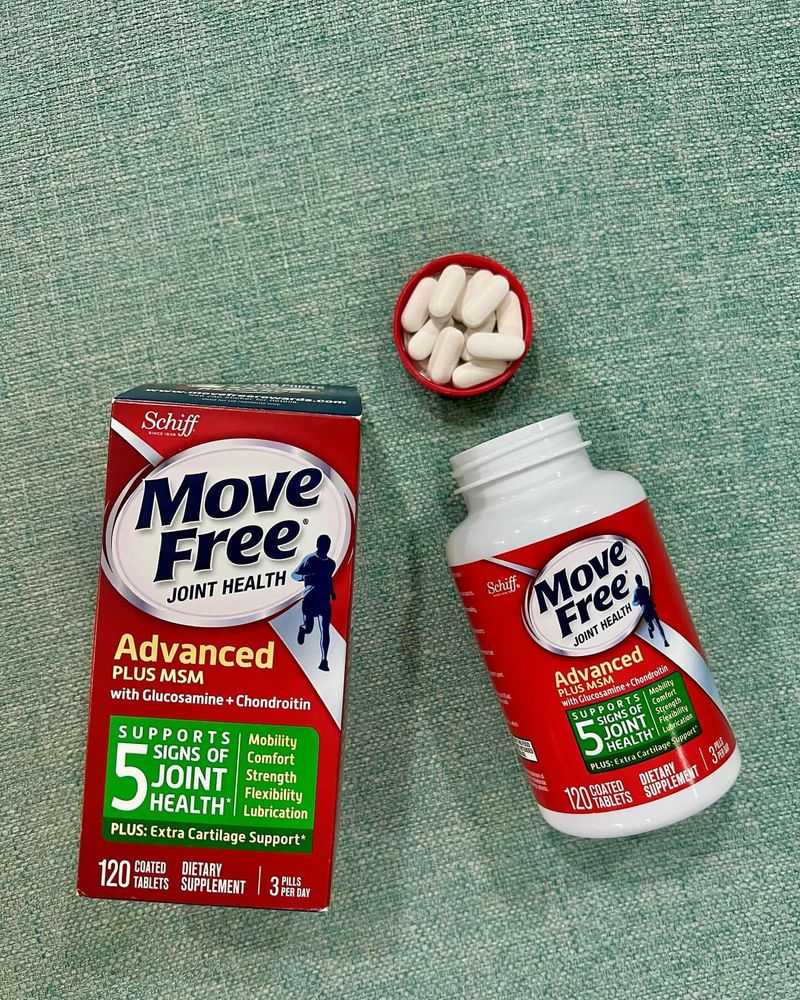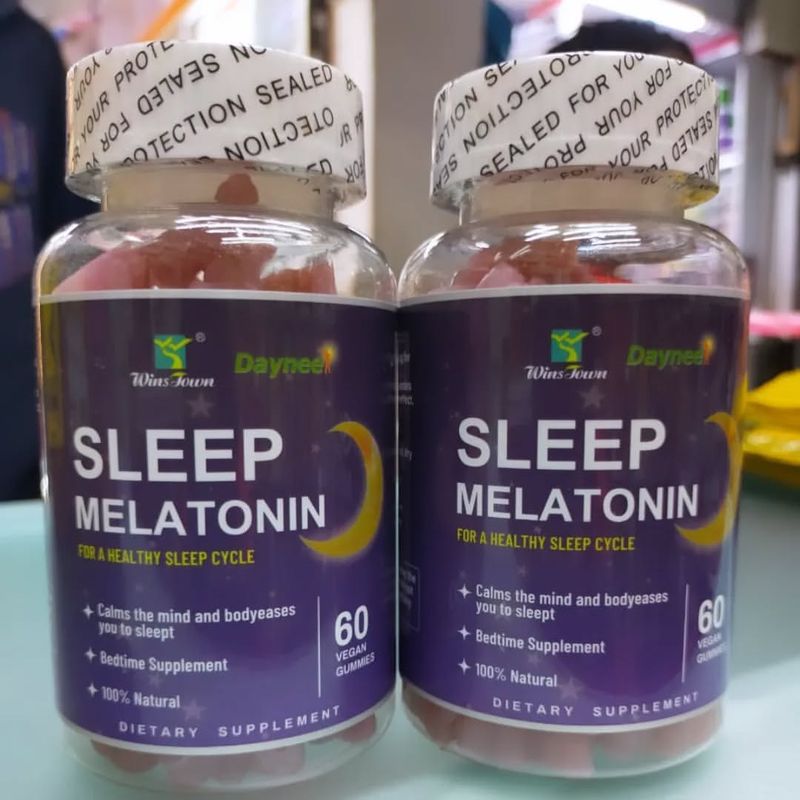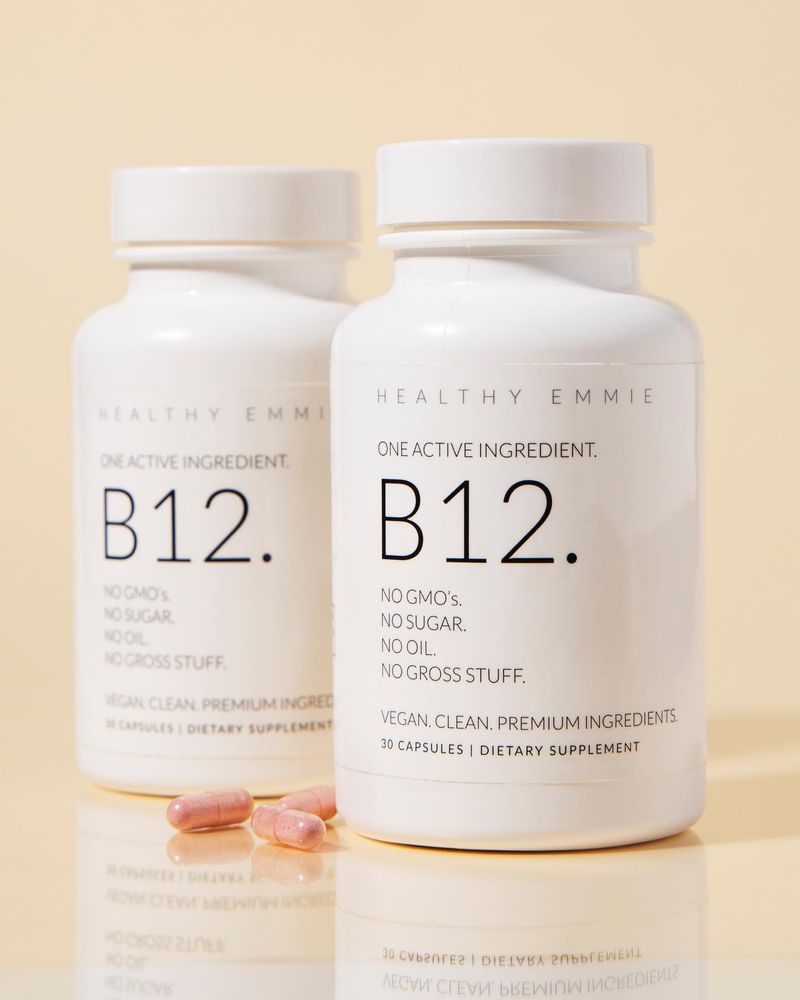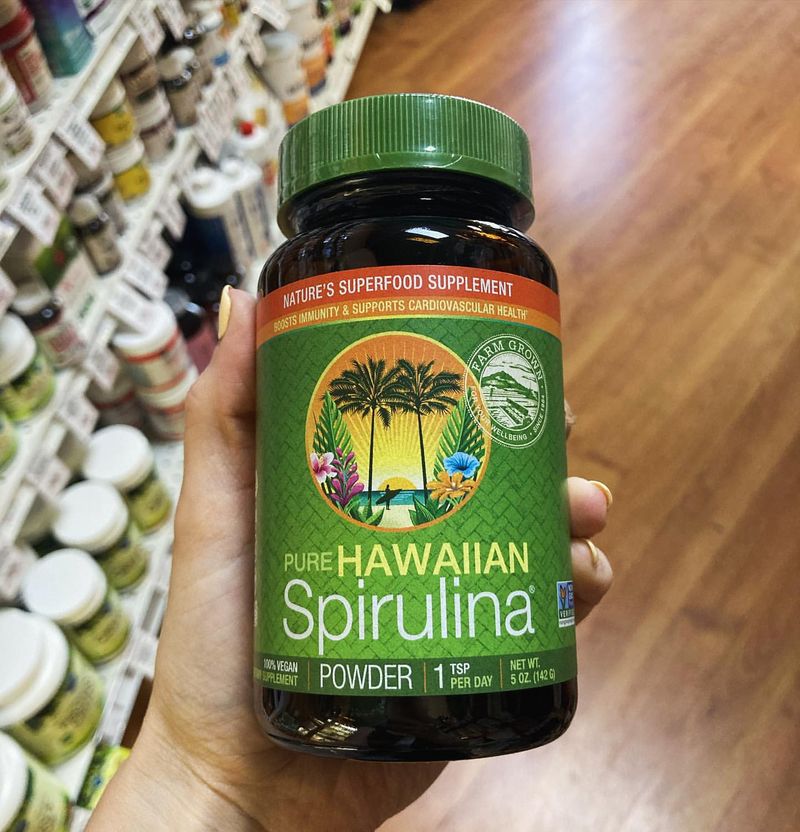Most of us have been there—staring at a shelf full of supplements, wondering if we really need them. I used to think the more I took, the healthier I’d be. But after some research (and wasted money), I realized many of them are just expensive shortcuts to nutrients I could get from real food.
The truth is, a balanced diet can do more for your health than a cabinet full of supplements. This guide will help you spot 25 overrated supplements you don’t actually need—and show you the whole food alternatives that work just as well (or even better).
1. Multivitamins
Multivitamins may seem essential, but if you eat a balanced diet, you’re likely getting everything you need. Instead of relying on pills, focus on a colorful plate filled with a variety of fruits and veggies. These whole foods provide a natural blend of vitamins and minerals.
Eating nutrient-dense foods ensures better absorption compared to synthetic alternatives. Whole fruits and vegetables are also rich in fiber and antioxidants, which multivitamins lack. By opting for real foods, you support your body’s natural processes more effectively
2. Vitamin C Pills
Vitamin C supplements are popular, but unnecessary for most people. Instead, include citrus fruits, kiwis, and strawberries in your diet. These fruits are packed with vitamin C and other beneficial nutrients.
Whole foods provide a synergy of vitamins, fiber, and antioxidants, enhancing absorption and effectiveness in the body. Vitamin C from natural sources aids in collagen production, immunity, and skin health more efficiently than pills.
3. Calcium Supplements
These supplements are often taken for bone health, but they might not be necessary. Instead, enrich your diet with leafy greens, almonds, and dairy products. These foods are excellent sources of calcium that your body can easily absorb.
Natural sources of calcium come with additional nutrients like magnesium and vitamin K, which aid in bone health. Unlike supplements, they don’t pose risks of kidney stones or heart issues when consumed appropriately.
4. Biotin Supplements
It is frequently marketed for hair and nail health, yet most people get enough from their diet. Instead of supplements, consume eggs, nuts, and sweet potatoes. These foods are rich in biotin and other essential nutrients.
Foods containing biotin support hair and nail strength naturally and come with proteins and healthy fats that enhance their effects. Biotin supplements are often unnecessary unless prescribed by a healthcare provider. For healthier hair and nails, rely on whole foods packed with biotin.
5. Vitamin D Supplements
Get your vitamin D from sunlight exposure, and include foods like fatty fish, egg yolks, and fortified milk in your meals. Vitamin D is crucial for bone health, but supplements aren’t always needed.
Sunlight prompts your skin to produce vitamin D naturally, while foods offer a dietary boost. This combination supports bone health and immune function effectively without pills. Diet adjustments and brief sun exposure can suffice in regions with limited sunlight.
6. Fish Oil Supplements
For omega-3 fatty acids a lot of people take fish oil supplements. But fresh fish is a much better choice. Incorporate salmon, mackerel, and sardines into your diet to get these essential fats naturally.
Omega-3 fatty acids from whole fish support heart and brain health more effectively and come with additional nutrients like vitamin D and selenium. Unlike supplements, fish provide a complete package of beneficial compounds. For heart and cognitive benefits, enjoy fresh fish twice a week.
7. Iron Supplements
While supplements can help those with specific deficiencies, a balanced diet typically meets iron needs. Iron supplements are often used to combat anemia, but dietary sources can be just as effective. Include spinach, lentils, and lean red meat in your meals to boost iron intake naturally.
These foods provide heme and non-heme iron, which are absorbed differently and are complemented by other nutrients. Consuming vitamin C-rich foods alongside them enhances absorption, making natural sources a smart choice.
8. Magnesium Supplements
Magnesium is vital for muscle and nerve function, but supplements aren’t the only answer. Nuts, seeds, and leafy greens offer a rich source of magnesium that supports your body naturally.
These foods deliver magnesium alongside fiber, healthy fats, and antioxidants, enhancing overall health. Unlike pills, they don’t carry the risk of overconsumption when eaten as part of a varied diet. For muscle relaxation and energy production, prioritize whole foods.
9. Zinc Supplements
This element is essential for immune function, but supplements aren’t the only way to get it. For a robust immune system, focus on incorporating these zinc-rich foods into your meals. Eat oysters, chickpeas, and pumpkin seeds to meet your zinc needs naturally.
These foods not only provide zinc but also come with proteins and other minerals that support immunity and metabolism. The synergy between nutrients in whole foods boosts their effectiveness.
10. Vitamin E Supplements
Vitamin E is great for skin health, but supplements are often unnecessary. Nuts, seeds, and spinach provide ample vitamin E along with other antioxidants that support skin vitality.
Natural sources offer a balance of nutrients that enhance absorption and effectiveness. Vitamin E from foods contributes to skin health and immune function in synergy with other vitamins. Instead of pills, reach for a handful of nuts or a spinach salad.
11. Fiber Supplements
Fiber supplements promise better digestion, however, whole foods are superior. For optimal digestive health, increase your intake of plant-based foods. Whole grains, beans, and vegetables provide fiber in its most effective form.
They not only improve digestion but also contribute to heart health and weight management. Whole foods offer a blend of soluble and insoluble fiber, proteins, and vitamins, unlike single-ingredient supplements.
12. Folic Acid Supplements
For expecting mothers, a diet rich in folate can meet pregnancy needs effectively. Leafy greens, beans, and citrus fruits deliver folate naturally, supporting cell growth and development. Folic acid is crucial during pregnancy, but it’s better from foods than supplements.
These foods provide folate along with fiber, vitamins, and minerals that enhance its absorption. Their natural synergy promotes better health outcomes than isolated supplements. However, always consult a doctor about prenatal nutrition.
13. Coenzyme Q10 Supplements
Coenzyme Q10 is believed to boost energy, but foods can suffice. For those looking to boost energy and heart health, focus on these nutrient-rich foods. Organ meats, fatty fish, and whole grains are rich in CoQ10 and provide it naturally.
They also offer proteins, vitamins, and minerals, aiding in CoQ10 absorption and benefiting cardiovascular health. Unlike supplements, they contribute to a balanced diet, enhancing energy naturally.
14. Probiotics
Probiotics are popular for gut health, but food sources are effective. Yogurt, sauerkraut, and kimchi offer natural probiotics that support digestion and immunity. For a healthy gut, incorporate these probiotic-rich foods into your diet regularly. They offer a tasty alternative to pills.
Fermented foods provide live bacteria that thrive in your gut, enhancing digestive health and nutrient absorption. Unlike supplements, they bring a variety of strains beneficial for gut flora balance. And this certainly is a tastier way to support your digestion.
15. Collagen Supplements
Collagen supplements promise skin and joint benefits, but food is better. Bone broth, chicken, and fish are rich in collagen and other nutrients supporting skin elasticity and joint health.
Amino acids, glycine, and proline are found in these foods, which are vital for collagen production and are absorbed more efficiently from whole sources. Food-based collagen comes with vitamins and minerals that enhance its effects.
16. Potassium Supplements
Potassium is vital for heart health, but supplements aren’t always necessary. Bananas, potatoes, and avocados offer potassium naturally, supporting cardiovascular function and blood pressure regulation.
Along with potassium, these foods also provide vitamins, fiber, and antioxidants, enhancing overall health. Unlike pills, they are unlikely to cause imbalances when consumed as part of a varied diet. They offer a delicious and effective way to meet your nutrient needs naturally.
17. Ginkgo Biloba Supplements
Ginkgo Biloba is taken for cognitive support, but natural sources are better. Ginkgo leaves, nuts, and seeds provide benefits without the need for supplements. To support cognitive health, incorporate these nutrient-dense foods into your diet.
Foods like these contain substances and antioxidants that promote memory, cognitive function, and brain health. Whole foods’ inherent synergy makes them more effective than separate supplements.
18. Aloe Vera Supplements
Aloe vera is known for skin and digestive health, but fresh sources are best. Aloe vera leaves and gel offer benefits naturally, supporting skin hydration and digestive wellness.
Fresh aloe provides enzymes, vitamins, and antioxidants that enhance skin healing and soothe the digestive tract more effectively than processed supplements. The natural form ensures better absorption and utilization. For those seeking aloe’s benefits, use fresh gel or natural creams.
19. Echinacea Supplements
A lot of supplements are taken for immune support, and echinacea supplements are among them. But whole sources work too. Fresh echinacea flowers and tea offer immune-boosting properties. For respiratory health, consider using fresh echinacea in teas or tinctures.
Antioxidants and other substances that boost immunity and lessen inflammation are found in these natural forms. Whole meals are more beneficial than pills because of the way their nutrients work together.
20. Glucosamine Supplements
Glucosamine is often used for joint health, but foods can help too. Shellfish, bone broth, and cartilage provide glucosamine naturally, aiding joint function and reducing inflammation.
For those with joint concerns, incorporate these foods into your diet. These sources come with additional nutrients like collagen and amino acids that support joint health holistically. Unlike supplements, they offer a balanced approach to maintaining mobility.
21. Creatine Supplements
Creatine is popular for muscle performance, yet foods provide it naturally. For strength and endurance, include these creatine-rich foods in your meals. Red meat, fish, and poultry are rich in creatine, supporting exercise performance and muscle growth.
These foods also deliver proteins and essential nutrients that enhance energy production and improve workout outcomes. Unlike supplements, they offer a complete package for muscle health.
22. Chondroitin Supplements
For joint support, chondroitin is taken, yet dietary sources work well too. Chondroitin is found naturally in foods high in cartilage, such as oxtail and chicken feet.
Collagen and amino acids, two vital nutrients that promote joint health and lower inflammation, are found in these meals. Without the need for supplements, they help with joint cushioning and mobility.
23. Melatonin Supplements
Melatonin is used for sleep, but foods can help too. Cherries, grapes, and nuts provide natural melatonin and support better sleep patterns. They offer a soothing and natural way to support sleep health without depending on commercial melatonin pills.
In addition to melatonin, these meals contain vitamins, minerals, and antioxidants that support restful sleep. Without the use of supplements, they improve the circadian rhythm that the body naturally produces.
24. B12 Supplements
Vitamin B12 is crucial for energy, but you don’t need supplements to get it. Eggs, dairy, and fortified cereals offer B12 naturally, supporting energy production and nerve health.
These foods offer a comprehensive approach to maintaining B12 levels. Along with proteins, fats, and other vitamins that enhance its absorption and function.
25. Spirulina Supplements
Supplements containing spirulina are commonly used by vegetarians and vegans due to their high protein and vitamin content. However, adding spirulina powder to meals or smoothies might offer the same health advantages.
You may regulate the amount and combine it with different foods to improve tastes and nutritional absorption when you use spirulina in its natural state.


